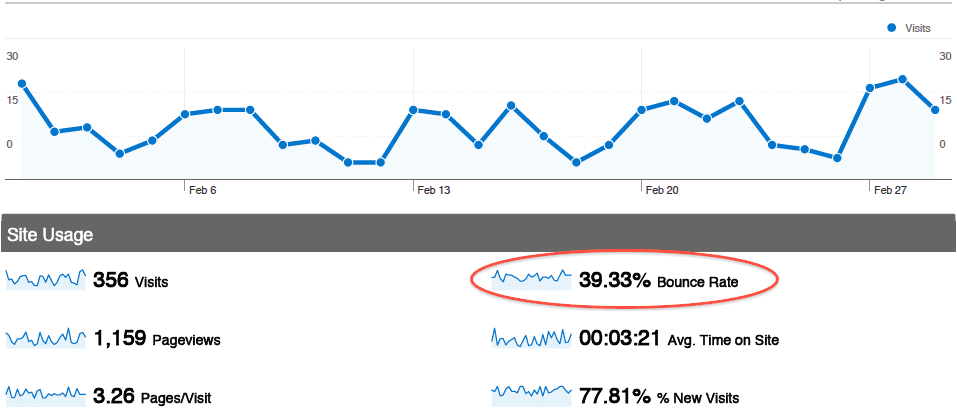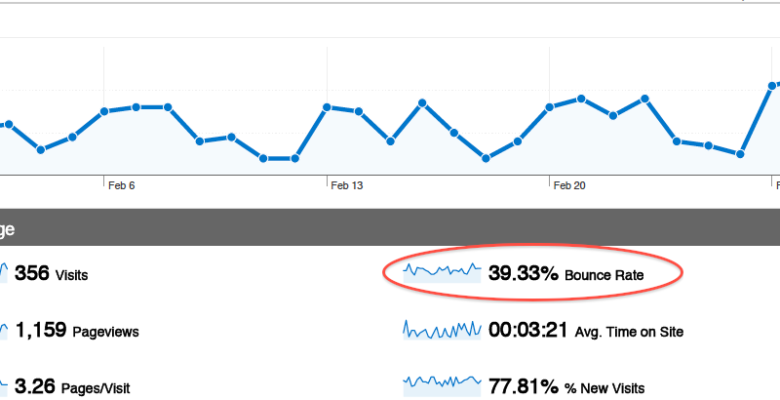
Matt Cutts on Bounce Rates
IX Brand SEO helps small businesses with search engine optimization, online reputation management, and business process improvement. Located in Wharton, TX, IX Brand SEO works with clients throughout Southeast Texas, including El Campo, Bay City, Palacios, Richmond, Sugar Land, Houston, and Webster. Other clients are located in Virginia and Colorado. Call us at 979-531-8300 to visit about your business and goals for Internet marketing.
At the recent SXSW Interactive in Austin, there was a panel discussion called, “Dear Google & Bing: Help Me Rank Better!” with Matt Cutts of Google WebSPAM and Duane Forrester of Bing on the panel and with Danny Sullivan of Search Engine Land as the moderator. Lots of great information in this discussion and the link above includes the session recording.
One of the issues discussed was the issue of bounce rate. The question was, “if you have a high bounce rate, are you penalized”? Some of you may be wondering what a bounce rate is and it’s the percentage of people who visit your website from search results and then immediately leave again. If they return to search results from your website by clicking the browser “back” button, it’s called “pogo sticking”. The search engines can usually track that behavior and bouncing or pogo sticking can be interpreted as saying that your website isn’t relevant to the search phrase. In other words, the Internet searcher clicked into your website, didn’t like the content there, and went back to search results right away to find a better result.

I think it’s generally agreed that a high bounce rate is not a good thing. After all, it means that people are hitting your website and moving away again with just a quick glance at contents. It could mean that your search engine optimization efforts are bringing Internet visitors to your website, but the site content doesn’t apply to the search terms or the content isn’t of the quality needed to keep the visitor on the website. If the visitors don’t stay on your website, they probably won’t become buyers! If the search engines see that behavior, then it’s reasonable to assume that your website might be penalized in search rankings for the search phrase and won’t do as well in future searches.
I had wondered about the Internet searchers who are looking for just a bit of information — perhaps a phone number or an address — find it quickly and move off the site. Matt Cutts of Google said that webmasters shouldn’t worry too much about how Google is using the bounce behavior as a signal. If someone finds the information he or she is looking for and then moves back to Google, it’s not a negative reflection on the website.
That said, Matt went on to remind everyone that the key to getting the bounce rate down is to provide high quality content that people want to stay and read. You can also provide related links and posts that either keep the Internet visitor on your domain. As long as the visitor is using your domain information, your bounce rate won’t increase.
If you’re concerned about your bounce rate or want to get started improving your business search engine rankings, call me at 979-531-8300.
Related articles
- What’s in a bounce rate? (marketing.yell.com)
- The 2 User Metrics That Matter for SEO (seomoz.org)
- Better Google Rankings – Still Guessing How? – SEO Consultant Sugar Land TX (houstontexasseo.com)
- Why you shouldn’t rely on bounce rate and time on site alone (connect.icrossing.co.uk)
